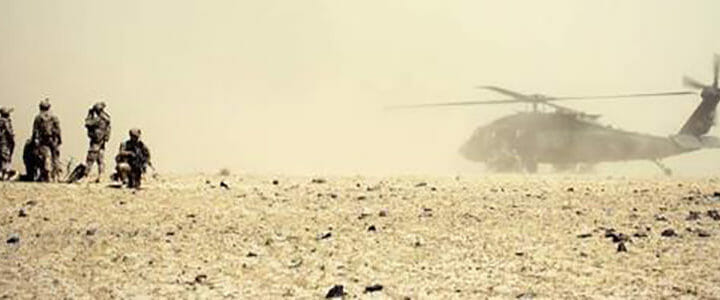I’ve never written this down before.
Those old enough to remember will never forget. The day was clear, the air warm. I was still living in Groton, Mass., the town where I grew up. I was serving on the Board of Selectmen, the town’s main elected body, and was on the phone with a local reporter, discussing mundane local issues. The television was muted.
As I wandered around the apartment during the conversation, I happened to look at the television — no cable, just over-the-air broadcast — tuned to CBS This Morning, not because I particularly liked the program, but simply because its signal was best one our rooftop antenna pulled in 30 miles from Boston. On the screen, there was smoke pouring out of the World Trade Center, like the tower was a factory’s smokestack.
I turned up the volume. “Huh,” I said into the phone. “A plane hit the World Trade Center. That sucks.” No sooner had I said that than I thought what many of us quickly realized. Wait a minute: none of the flight patterns around Manhattan go anywhere close to those skyscrapers. Either something went horribly, horribly wrong, or this wasn’t an accident.
Soon enough it was clear: this was no accident. The nation was under attack.
As the day wore on, things got increasingly personal. Two of the four planes hijacked that day had departed from Boston. Onboard one of those flights a young couple, Peter and Sue Kim Hanson, were taking their 2-1/2-year-old daughter Christine to visit Sue Kim’s parents in California. The Hansons lived in our quiet, some would say bucolic New England village of around 10,000 people.
Down at town hall, employees asked if I would be called up. They were not reassured when I told them I thought it was fairly likely that I would be.
Sure enough, I soon received another phone call. The commander of the 450th Civil Affairs Battalion (Airborne), which I had just joined from the Individual Ready Reserve in July, needed someone to mobilize and go to Ft. Bragg to support our Wartrace unit, the 82nd Airborne Division. He needed this done the following day. In all the confusion, the guy who was first on the list was unreachable. Would I go?
“Roger that, sir. I’ll go.”
My wife, the New Yorker, was at work a mile away and was still in shock. “Remember when I asked you if it was okay to join the airborne unit and you said ‘sure, it’s not like we’re going to get into world War III?’ I’m going to Bragg.”
By the time I got back home, they’d found the other guy, and I was off the list. But there was still weekend drill coming up, and there were no flights moving. On Friday, I drove from Massachusetts to Maryland, following the New Jersey Turnpike at a time when no planes were moving at the Newark Airport and a column of smoke rose where the twin towers had once risen over the palisades.
I didn’t go to Fort Bragg on Sept. 12, but I my boots hit the ground overseas one year and the birth of a child later. For the next nine months, I rode around Khost province, on Afghanistan’s wild southeastern Pakistani frontier. My team and I were often the first Americans that many Afghans had ever met. Children would gather in wild-eyed wonder at these pale men in tan camouflage and baseball caps.
My most treasured possession is a piece of the Pentagon’s limestone facade from where the plane hit it sixteen years ago. Today, we’re still fighting in Afghanistan. Those children I met are now old enough to be fighters themselves. I can only hope that they’re fighting on the right side.




